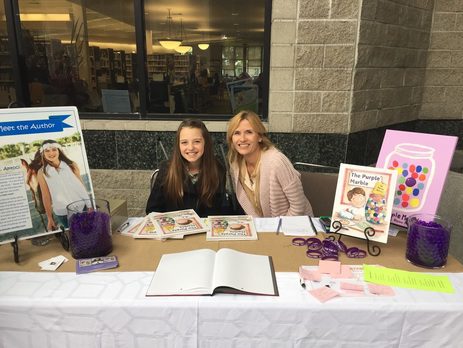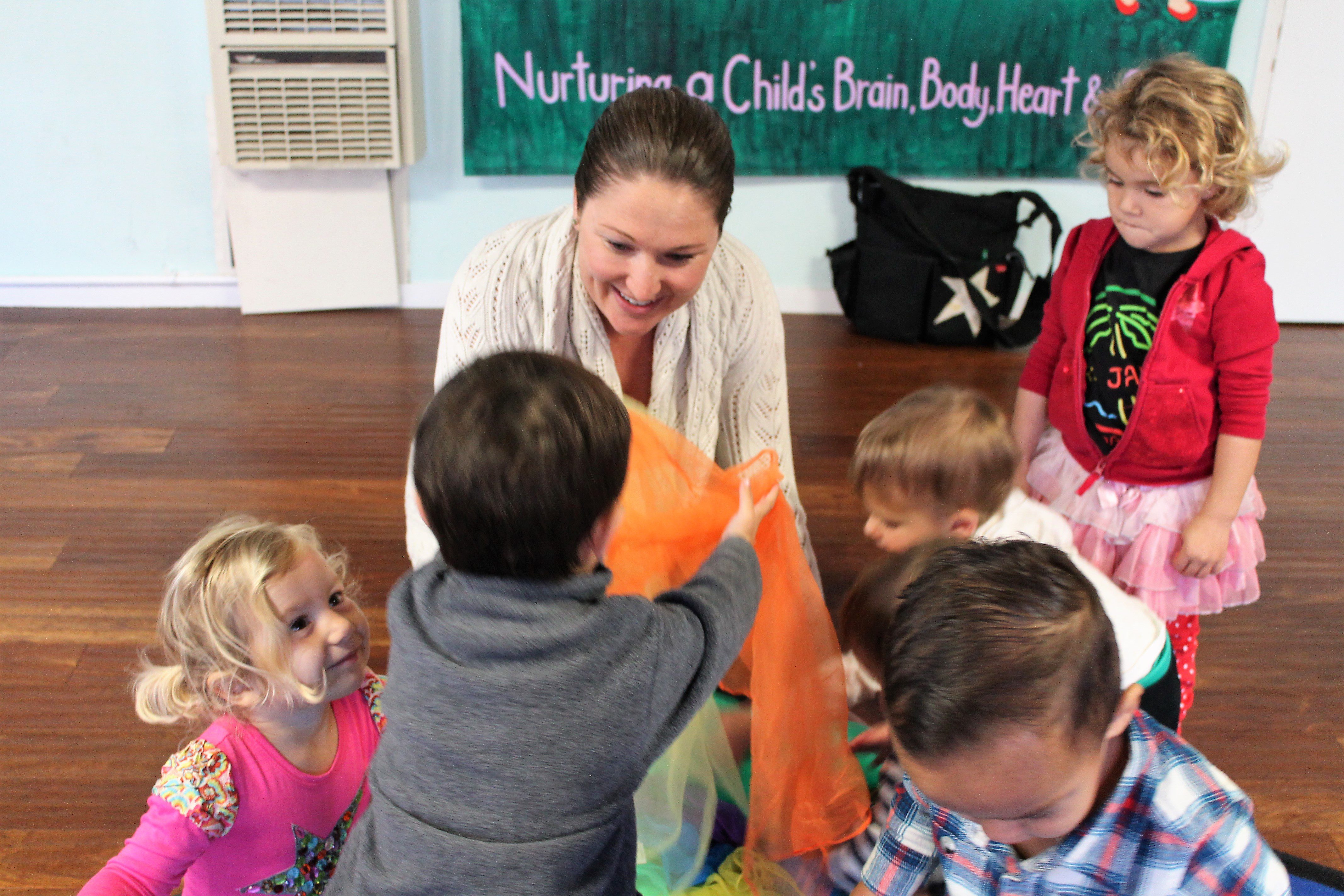By Kim Colby Davis
CASA of Santa Barbara County Executive Director
Even in the best of times, child welfare systems are often stressed and underfunded. In Santa Barbara County, we have the finest professionals you will find in Social Services, and they do a job that many of us could never do. It is the unfortunate reality that they often see humanity at its worst, with children in unthinkable situations.
Caseworkers are often overworked, with too few social workers for the needs of foster children and their troubled birth families. Juvenile Dependency judges have caseloads of more than 500 children, and although Santa Barbara County is fortunate to have the tremendous resource of dedicated children’s attorneys, they are likewise overloaded with an average of 150 cases each.
Last year, California had 83,000 children living in foster care — the largest number of any state in the nation. And in Santa Barbara County this year, we have well over 600 children who are dependents of the court for their protection.
Times are tough enough for a child who has been removed from their family because of parental abuse or neglect. Nearly all children who are removed from parents suffer additional grief and trauma from the separation itself. And foster care is nothing we would wish on any child. But the invisible, stealthy, silent enemy that is COVID-19 has thrown all this dysfunction into even more chaos.
For the safety of everyone, many child welfare departments are limiting in-person visits to only the most severe cases, just as the potential for child abuse is rising. For social workers, the potential toll is physical as well as emotional. The national shortage of gloves, masks, and safety gear is impacting foster care, as caseworkers worry about visiting homes without any protection. The court’s mandated visits between biological families and children are temporarily stopped because of the pandemic. And shutdowns at family courts are burdening all parties — children and families, judges, court professionals, foster families — and the result will be even longer stays in foster care for children who have already experienced unthinkable adverse life experiences.
The closing of schools has been a disaster for abused children. Teachers are the primary reporters of suspicious bruises or behavior suggesting child abuse. Now those protective eyes and ears are not on children who might be seriously hurt at home. There is a rise in admissions to hospitals of children injured by family members, and it is not surprising. Sadly, history has shown us that child abuse increases when there is heightened family stress such as that now being brought on by the Coronavirus pandemic.
But there are other valuable “eyes and ears” on children: Court Appointed Special Advocates — called CASAs — who play a powerful part in California’s foster care system statewide. In Santa Barbara County, CASA is an important community resource. Our CASAs are ordinary citizens from all walks of life who volunteer to advocate for a child in foster care. They are recruited and well-trained by our CASA program. Today, in Santa Barbara County, we have 209 CASAs who are helping 310 foster children and youth in our community. So far this fiscal year, 288 volunteers have served 487 children.
Supervised in their advocacy work by CASA program professionals, CASA volunteers are effective and influential advocates for children in court, in school and in the community. They are also positive adult role models for children who have suffered greatly and who have lost all trust in adults. CASAs help children get the medical and educational support they need, and they work with the professionals in the child welfare system towards reunification with their family when possible, or towards adoption, guardianship, or in the case of some of our older youth, a successful plan for the safe transition to life on their own.
COVID-19 has dramatically upended the landscape for CASA programs. For their protection, most CASAs can’t visit their case children face-to-face right now, and yet they have continued to check on their assigned children through text, phone, Zoom or Facetime. We call these “virtual visits,” and many volunteers have shared heartwarming stories about other ways they have connected – dropping birthday gifts off on their porch and waving through the window, or surprising them with a new toy or game to help with the boredom that comes with being stuck inside.
Some CASAs have been able to help their assigned children from the required “social distance,” but it is difficult. There are now no outings to a park, a library, or an ice cream shop—those “ordinary” times a CASA shares with a child who may be deprived of such experiences.
Most importantly, our Juvenile Dependency courts are operating on limited schedules, and so the critical court advocacy that CASAs offer to foster children is on temporary hold. All the while, the child is not sure what the future holds or where he or she will be living next month or next year. Older foster youth are suffering from lost jobs or, if they were attending college, a lost school year—including no dorm living. For these older kids, the chance increases for them to become homeless, hungry, sick, trafficked or tempted into crime.
Foster children are our children, and we must help them through this pandemic nightmare which impacts them so disproportionately. Even at the height of this pandemic, CASA of Santa Barbara County is recruiting volunteers and is prepared to conduct training “virtually” while we practice social distancing. What better way to spend time at home than training to be a CASA? We need you! We will launch “CASA University” in May, so that community members can complete most of their CASA training “virtually” through an online training course.
Like most nonprofits, CASA of Santa Barbara County is dealing with the challenge of postponing our major fundraising events at the same time that we know we will be seeing a rise in child abuse and in children becoming dependents of the court. We are determined to rise to the challenge because we know that CASAs are a beacon of hope to a child who has lost all hope. It is essential that CASA is adequately supported by public and private funders. CASAs are critical in helping children recover from trauma and ultimately find that safe “forever family” that we wish for all kids.
The essential work of CASA is done quietly, with the strict confidentiality required by the court. But these humble, quiet volunteers are all around you. It may be the simplicity of knowing that a child’s favorite truck got left at the last place he lived, or it may be that a child knows her advocate is the one she can trust to send the text no one would ever want to receive – a text that causes that volunteer advocate to spring into action to save that child from further abuse. CASA volunteers are there for the child, to help change a child’s story. Even COVID-19 cannot stop the quiet advocacy of a CASA.
We cannot let this global health pandemic evolve into a child abuse pandemic. And we cannot allow children entering foster care to bear the stress, of must be the most terrifying time of their life, alone because there are not enough CASAs to advocate for their best interests. We must continue to do this important work even through the horror of the COVID-19 pandemic. And we urge members of the community to volunteer to help a child. We must not forget the abused, neglected children in our community. They need and deserve the advocacy and attention that a CASA can deliver.








